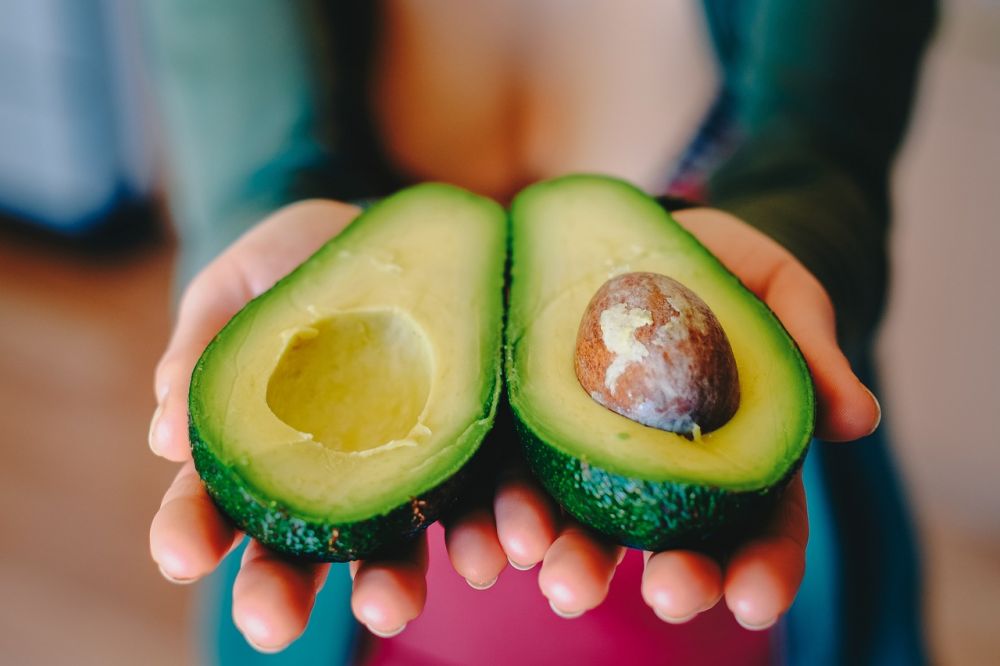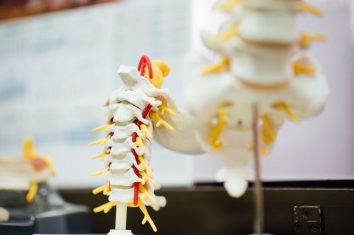PCOS Diet: A Comprehensive Guide to Managing Polycystic Ovary Syndrome

Introduction:
Polycystic Ovary Syndrome (PCOS) is a common hormonal disorder affecting women of reproductive age. It is characterized by irregular periods, excess androgen levels, and cysts on the ovaries. One key aspect of managing PCOS is following a tailored diet that can help regulate hormones, manage weight, and improve overall health. In this article, we will provide an in-depth overview of the PCOS diet, its different types, popular approaches, and the historical pros and cons associated with them.
Section 1: Understanding the PCOS Diet

The PCOS diet is a holistic approach to nutrition aimed at addressing the underlying causes of hormonal imbalances and managing symptoms associated with PCOS. By making specific dietary modifications, women with PCOS can improve insulin sensitivity, reduce inflammation, and achieve hormonal balance. The diet focuses on consuming nutrient-dense foods that support overall health and aid in weight management.
Section 2: Exploring PCOS Diet Types
There are various types of PCOS diets, each with its own unique approach. Some of the popular ones include the Low Glycemic Index (GI) Diet, Mediterranean Diet, DASH Diet, and the Paleo Diet. The Low GI Diet involves choosing low GI foods to prevent blood sugar spikes and manage insulin levels. The Mediterranean Diet emphasizes whole foods such as fruits, vegetables, whole grains, lean proteins, and healthy fats. The DASH Diet focuses on reducing sodium intake and increasing consumption of fruits, vegetables, and whole grains. The Paleo Diet involves eating foods similar to what our hunter-gatherer ancestors would have consumed, such as lean meats, fruits, vegetables, nuts, and seeds.
Section 3: Quantitative Measures of the PCOS Diet
Research has indicated that following a PCOS diet can lead to significant improvements in various markers of PCOS. Studies have shown reduced insulin resistance, improved glucose tolerance, weight loss, and decreased androgen levels among women with PCOS who adhere to a PCOS-friendly diet. Furthermore, certain dietary interventions like the Low GI Diet have been found to improve menstrual regularity, ovulation, and fertility outcomes.
Section 4: Differences Among PCOS Diets
Although all PCOS diets aim to improve hormonal balance, there are some variations in their approaches and focus. Some diets prioritize low-carbohydrate intake, while others emphasize the quality and composition of macronutrients. Additionally, some diets may encourage specific food groups or exclude certain foods, such as dairy products or gluten. While the underlying principles remain the same, women with PCOS can choose a diet that aligns with their preferences, dietary restrictions, and lifestyle.
Section 5: Historical Overview of Pros and Cons
Over time, the PCOS diet has evolved, and various approaches have gained popularity. Earlier diets focused primarily on weight loss and calorie restriction, while the modern understanding of PCOS has highlighted the importance of specific nutrients and their impact on hormonal balance. While these diets have shown positive outcomes in terms of symptom management, weight loss, and fertility benefits, it is crucial to acknowledge the potential drawbacks as well. Some diets may be socially restrictive, difficult to sustain long-term, or may lack scientific evidence supporting their effectiveness.
Conclusion:
The PCOS diet plays a vital role in managing symptoms and promoting overall health for women with Polycystic Ovary Syndrome. By understanding the different types of PCOS diets, their pros and cons, and their historical evolution, individuals can make informed choices regarding their dietary preferences and lifestyles. A well-managed PCOS diet can lead to improved hormonal balance, weight management, and enhanced quality of life for women dealing with this condition.
[INSERT VIDEO HERE – A short informative video discussing the basics of PCOS diet, types, and their benefits could be inserted here to enhance the article’s visual appeal.]
References:
– [Provide a list of authoritative references used in the article, citing sources that support the information presented.]
FAQ
What are the benefits of following a PCOS diet?
What are the different types of PCOS diets?
What is the PCOS diet?
Fler nyheter
Behandlingshem en väg till trygghet, struktur och förändring
Introduction: Polycystic Ovary Syndrome (PCOS) is a common hormonal disorder affecting women of reproductive age. It is characterized by irregular periods, excess androgen levels, and cysts on the ovaries. One key aspect of managing PCOS is following...
03 februari 2026
Kiropraktor köping vägledning till bättre rörelse och mindre smärta
Introduction: Polycystic Ovary Syndrome (PCOS) is a common hormonal disorder affecting women of reproductive age. It is characterized by irregular periods, excess androgen levels, and cysts on the ovaries. One key aspect of managing PCOS is following...
01 februari 2026
Kiropraktor i Täby – när ryggen säger ifrån
Introduction: Polycystic Ovary Syndrome (PCOS) is a common hormonal disorder affecting women of reproductive age. It is characterized by irregular periods, excess androgen levels, and cysts on the ovaries. One key aspect of managing PCOS is following...
05 januari 2026
Homeopati behandling: en helhetssyn på hälsa
Introduction: Polycystic Ovary Syndrome (PCOS) is a common hormonal disorder affecting women of reproductive age. It is characterized by irregular periods, excess androgen levels, and cysts on the ovaries. One key aspect of managing PCOS is following...
05 januari 2026











